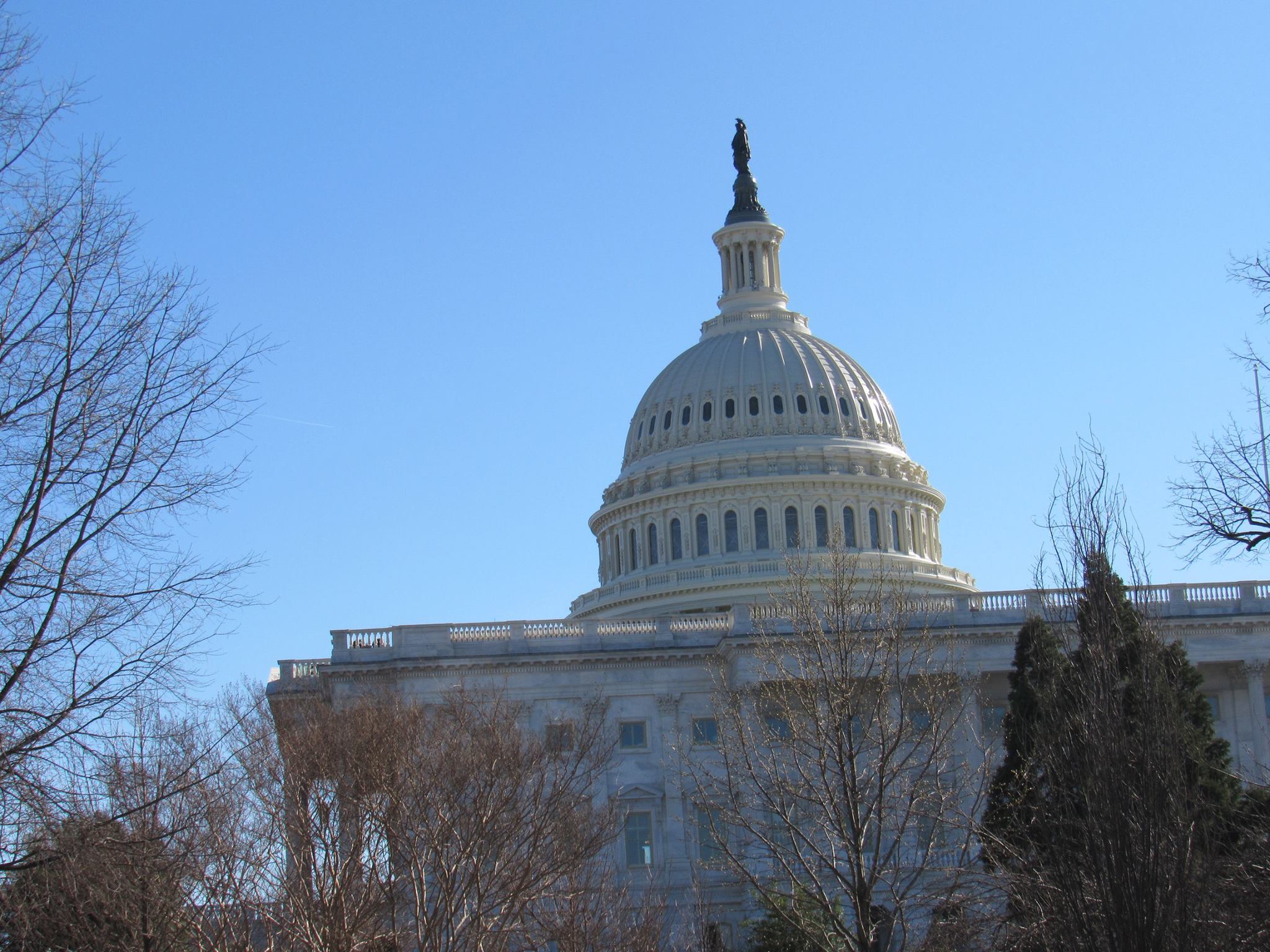On Wednesday, July 20 at 2:30 p.m. EDT, the U.S. Senate Committee on Indian Affairs will hold a legislative hearing to receive testimony on:

- S. 4104, the Haulapai Tribal Water Rights Resettlement Act of 2022;
- S. 4439, the Katimiîn and Ameekyáaraam Sacred Lands Act; and
- H.R. 5521, the Urban Indian Health Confer Act.
Chairman Bryan Schatz (D-HI) and the Committee will hear from the Departments of the Interior and Health and Human Services and Tribal leaders and stakeholders on the three bills.
Wednesday, July 20, 2022
WHAT: Sen. Schatz to lead Senate Committee on Indian Affairs Legislative Hearing.
WITNESSES:
- Mr. Jason Freihage, Deputy Assistant Secretary for Management, Office of the Assistant Secretary–Indian Affairs, Department of the Interior, Washington, D.C.
- Mr. Benjamin Smith, Deputy Director, Indian Health Service, U.S. Department of Health and Human Services, Washington, D.C.
- The Honorable Dr. Damon Clarke, Chairman, Hualapai Tribe, Peach Springs, Arizona
- The Honorable Russell “Buster” Attebery, Chairman, Karuk Tribe, Happy Camp, California
- Dr. Patrick Rock, M.D., Chief Executive Officer, Indian Health Board of Minneapolis, Minneapolis, Minnesota
WHEN: Wednesday, July 20, 2022 at 2:30 p.m. EDT
HOW TO JOIN: Access the live stream here.
More Stories Like This
Native News Weekly (August 25, 2024): D.C. BriefsUS Presidents in Their Own Words Concerning American Indians
Native News Weekly (January 18, 2026): D.C. Briefs
Federal Judge Orders ICE to Halt Use of Pepper Spray, Arrests of Peaceful Protesters in Twin Cities
Tunica-Biloxi Cultural Leader John D. Barbry Walks On
Help us defend tribal sovereignty.
At Native News Online, our mission is rooted in telling the stories that strengthen sovereignty and uplift Indigenous voices — not just at year’s end, but every single day.
Because of your generosity last year, we were able to keep our reporters on the ground in tribal communities, at national gatherings and in the halls of Congress — covering the issues that matter most to Indian Country: sovereignty, culture, education, health and economic opportunity.
That support sustained us through a tough year in 2025. Now, as we look to the year ahead, we need your help right now to ensure warrior journalism remains strong — reporting that defends tribal sovereignty, amplifies Native truth, and holds power accountable.
 The stakes couldn't be higher. Your support keeps Native voices heard, Native stories told and Native sovereignty defended.
The stakes couldn't be higher. Your support keeps Native voices heard, Native stories told and Native sovereignty defended.
Stand with Warrior Journalism today.
Levi Rickert (Potawatomi), Editor & Publisher


